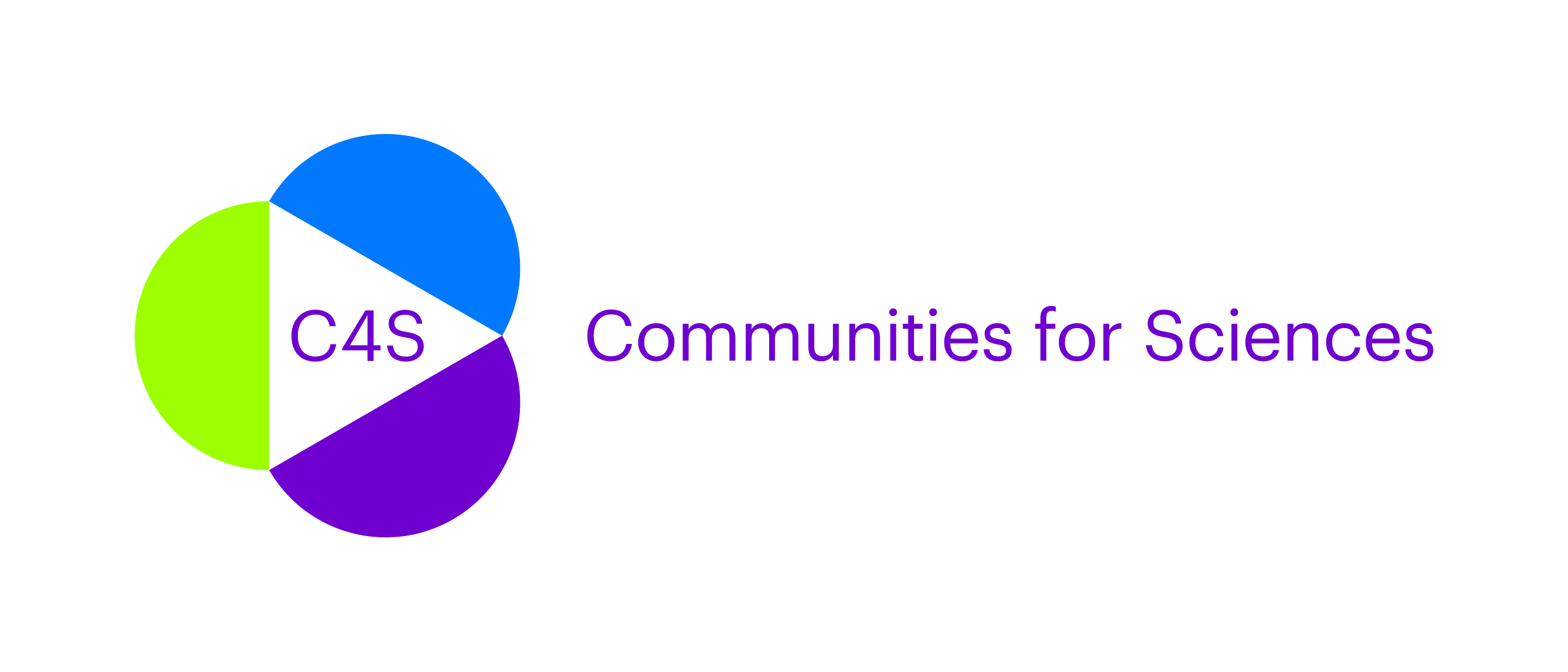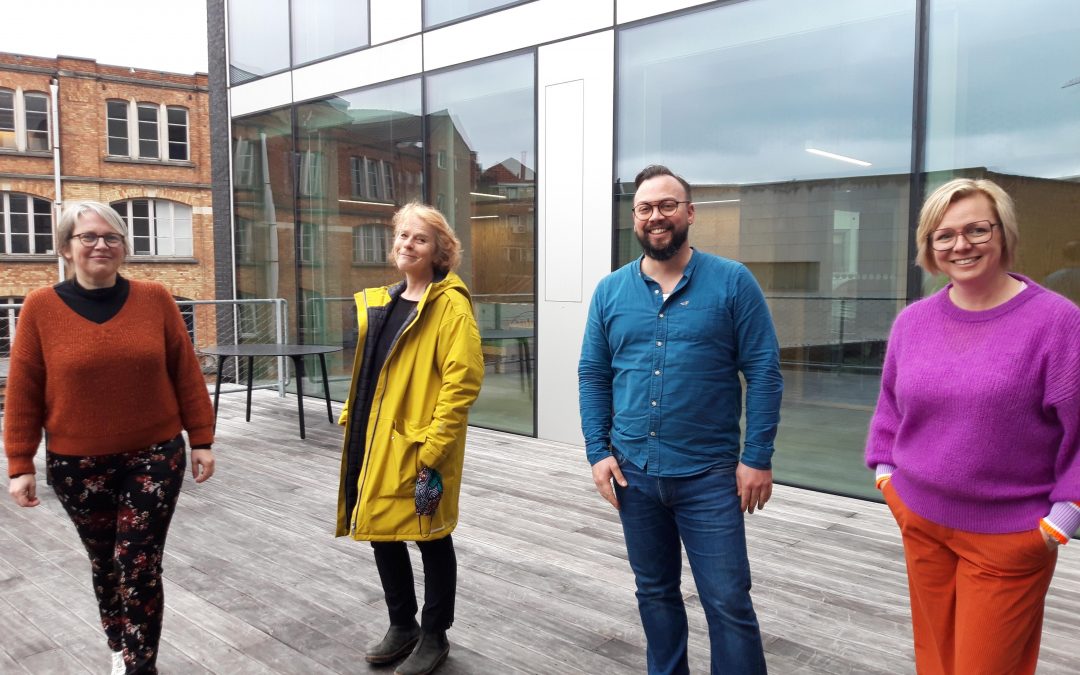We talked to the Brussels Hub members, Bram Malisse, Annick Biesmans, Inge Laenen and Leen Rosiers, about the main pillars of their research area, within the framework of the C4S project.
To begin with, could you tell us a bit about your C4S team in Brussels?
The key persons involved in the project all participate or are involved in educational research programs. The assembled team is comprised of members of all formation programs involved (teacher training pre-primary and primary education).
Leen Rosiers is the course director of the Bachelor of Education: pre-primary education (Teacher Training of Preschool Teachers) and also teaches on Pedagogy and Didactics. Annick Biesmans is also a lecturer of Pedagogy and Didactics at the Erasmus University College. Bram Malisse is lecturer of Arts and Aesthetics at EhB for the program of pre-primary and primary education. He is, like the other two participants, involved in the thinktank at the department on teaching teachers-to-be to deal with open ended materials and how to develop arts-based teaching skills. For her part, Inge Laenen is part of the Erasmus University College-team since September 2020 as lecturer of Pedagogy and Didactics.
What do you think the plurality and diversity of actors (from different backgrounds) participating in the project, can provide to your settings and to the C4S project?
We believe we can enhance pedagogical practice on different levels (micro-, meso-, macro) by establishing a culture of critical reflection, cooperation, appreciation, and openness. Our experience in the creation of strong pedagogical networks with multidisciplinary participants allows us to see practice through different perspectives. This holistic multitude becomes a synergy in which the sum is more than its parts. We trust that our capacity for (ex) change of perspective can help denaturalize prejudices and presumptions, and in doing so can value each participant as a knowledgeable and skilful expert.
How do you expect to implement the C4S project and activities in your territory? How do you expect to apply it considering your specific context/population/local needs?
In Brussels research, pilot design and implementation find common ground in the new campus building of the Erasmus Community College. The new hub is set in a very diverse and vibrant part of the Belgian capital. Neighbourhood schools will come to play, but also caretakers (mothers) that live nearby will be invited to come and play with their children.
In conceptualising the new campus, EhB has chosen to create a building that reflects innovative ideas on education. There are rooms dedicated to certain transversal skills like developing, creating, presenting, investigating and exchanging. On the other hand, there will also be rooms for special activities and areas of expertise like a theatre room, a dance studio and a creative arts atelier. The Experimental Play Area Brussels is one of those specialised spaces.
How do you think that science education can change societies? How do you think can make people more critical and empowered?
The EPA Brussels will be part of the teacher training program for preschool teachers at the Erasmus University College. The teacher program is focused on pre-service training but is also invested in the shared training in collaboration with the field of educational professionals (education, socio-cultural, welfare). As a third pillar we aim to stay connected to in-service preschool teachers, to keep innovation top of mind. In working with students and visiting schools and teachers, the ideas and methodology of the C4S-project and -pilots will be replicated. The accompanied visits and joined workshop will establish a multiplier effect that will foster innovative and sustainable science education in formal pedagogical settings.
Through working with children (from migrant backgrounds), we will also be able to reach families and especially mothers and women. When students take the C4S-box to the streets, families from the neighbourhood can take part in playful science activities and watch students mediate exploration, experimentation and discovery in a low-tech environment. These families can also be invited to the Experimental Play Area and discover fun ways of interacting with every day materials in a playful and scientific way. Here we focus on a multiplier effect in a non-formal pedagogical setting.

